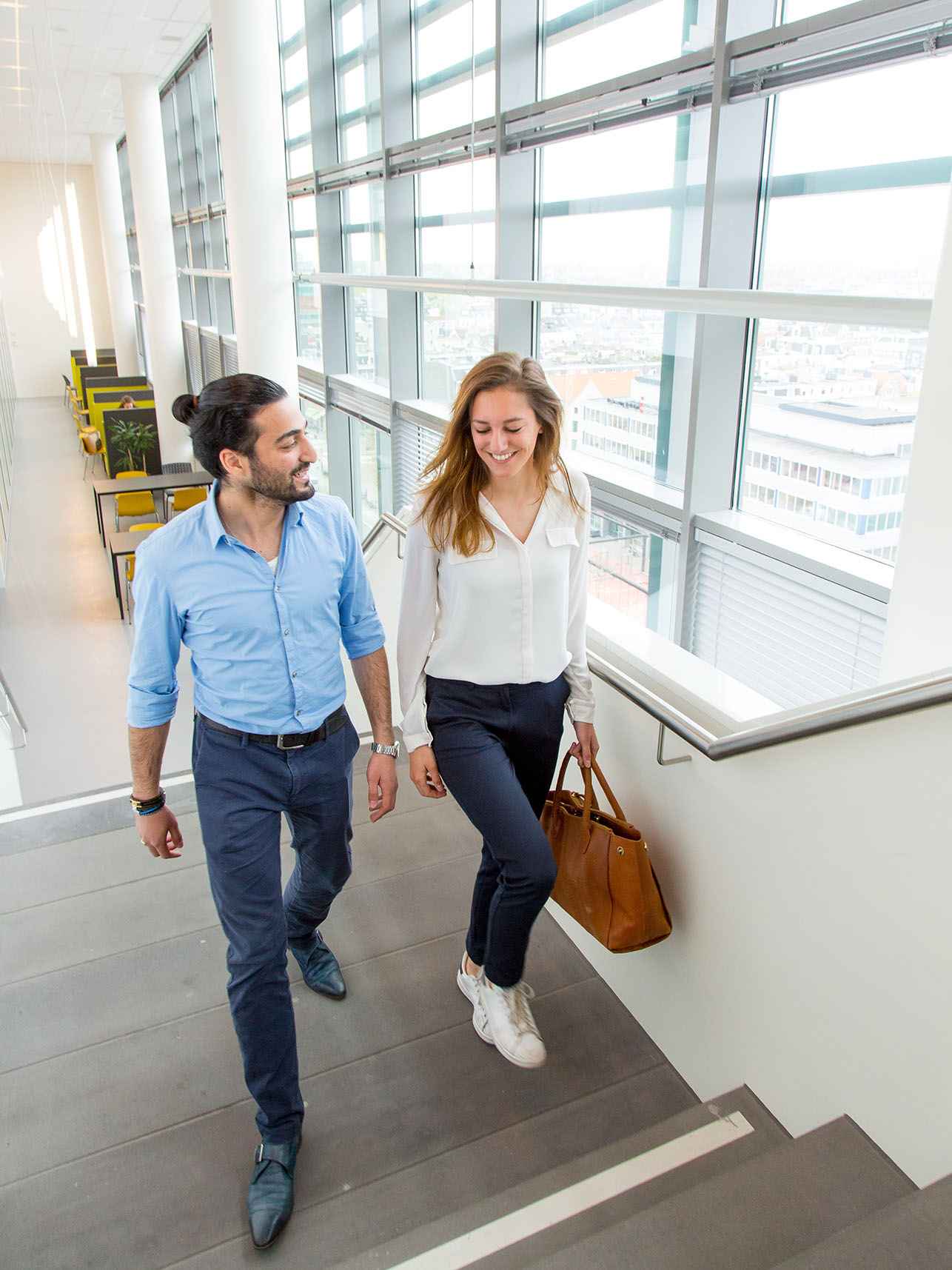Impactful entrepreneurship education

Entrepreneurship education for children with social impact: which programs have an effect? The IDEEC project investigates what works.
The research group Entrepreneurship sees entrepreneurship as a means for self-development, economic growth and addressing societal challenges. New, circular business models are becoming more important. Through research and cooperation with education and the professional field, a realistic picture of entrepreneurship emerges, with attention to positive and negative aspects. The research group thus contributes to sustainable and inclusive innovations.


Entrepreneurship education for children with social impact: which programs have an effect? The IDEEC project investigates what works.

Within the Fenix project, different facets of entrepreneurship are being looked at. Failure and restart are explicitly put on the agenda because this is an underexposed side of entrepreneurship.

Project DigiFABS supports small and medium-sized businesses in the Food and Beverage sector increase their digital, agile and innovative skills.